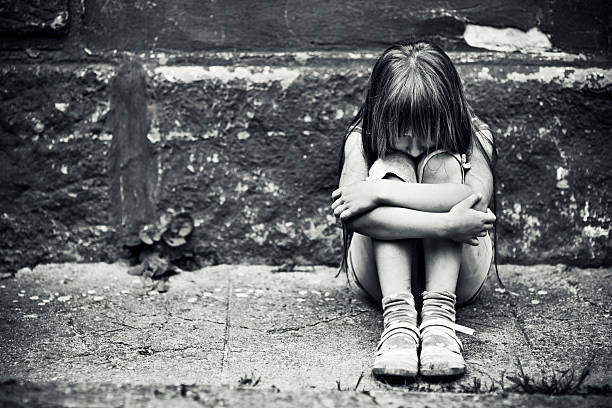Talking About Childhood Depression
Childhood depression is a different thing from being emotionally unwell or normal blues. Often people do not tend to take it seriously. They do not know that depression exists in children too.
When children grow, they can feel every emotion. Therefore they can notice people’s behavior and other factors that lead to depression. Sadness and depression are different. Children may get sad from time to time, and it is pretty normal. But if your child remains uninterested in day-to-day activities, you must talk to them. If you feel they are depressed, you must take them to a healthcare provider. To get an expert opinion, visit the Best Psychologist in Karachi.
Depression, if left untreated, can even lead to suicidal tendencies. Therefore do not take it lightly. It is a serious clinical problem that needs medication to get better. However, it is a treatable condition, but only if you seek professional help soon.
How Can You Know If Your Child Is Depressed?
The symptoms of depression may vary from child to child. They often remain unnoticed because people do not take them seriously and mix them with day-to-day emotional and psychological changes. The elder children may exhibit similar symptoms of depression as adults. They may remain gloomy, sad, and have a feeling of hopelessness.
The other common symptoms of depression in children are:
- Being angry or crankiness
- A continuous feeling of sadness, hopelessness, and despair
- Being hypersensitivity to rejection
- Not wanting to mingle with people and being socially withdrawn
- Increased or decreased appetite
- Insomnia- inability to sleep or excessive sleep- changes in sleep pattern occur with depression.
- Crying
- Vocal outbursts
- Fatigue and low energy
- Trouble concentrating on things
- Physical health problems, such as headaches and stomachaches that do not respond to medications.
- Low confidence and difficulty participating in other extracurricular activities in school or presentations.
- Guilt
- Feeling of worthlessness
- Suicidal or death thoughts
Not all children have these signs and symptoms. They may differ from child to child. Children may exhibit different symptoms in different settings. Some children may do well in a certain environment but show symptoms in a different setting. With significant depression, children may show a lack of interest in studies, poor grades, and low interest in extracurricular and social activities. If the child is over the age of 12, they may start to abuse drugs. Therefore keeping an eye and extending a helping hand to them is essential.
Children may also try to do suicide. However, it is rare in children under 12 years. Boys are more common to attempt suicide. They might want to kill themselves in an aggressive episode. Children having a family history of drug abuse, violence, alcohol abuse, and physical or sexual abuse are at increased risk of developing depressive symptoms.
What Causes Depression In Children?
Various factors can put the child at risk of developing depression. It can happen due to reasons such as:
- Physical health ailments
- Tragic life events
- Having a family history of depression
- Environmental triggers
- Genetic vulnerability
- Biochemical disturbance
Depression is not just passing or a bad mood. It is a clinical illness that needs help. To treat it, you need to take medications.
Can Depression In Children Be Prevented?
Children whose parents have a history of depression are at increased risk of developing it. They might show it in their young days. There is no exact way to prevent it. However, giving them a positive environment to nurture can help make them feel good. It might help lower the chances of being depressed.
The Bottom Line
Depression is a real thing. It can occur in children too. Therefore you must take it seriously. If your child does not participate well in activities, you must keep an eye on them. Whenever you feel like your child is not doing well physically or emotionally, talk to them, and have a heart-to-heart conversation.
If you feel your child is depressed, you must seek professional help for it. To get an expert opinion, visit Omar Hospital & Cardiac Centre.




